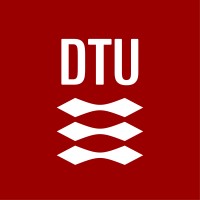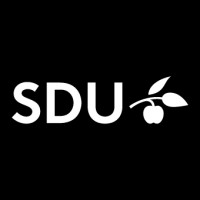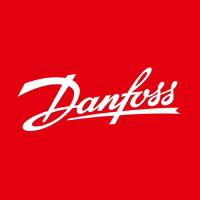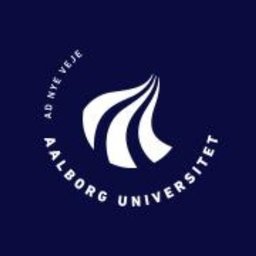This role offers a unique opportunity to work at the intersection of computational modelling and hands-on experimentation in radiation detection technologies. DTU Space invites applications for a 10-month Research Assistant position to contribute to the i-RASE (Intelligent Radiation Sensor Readout Systems) project. The position focuses on the development of advanced simulation models for radiation detectors, as well as supporting experimental activities in the DTU Space detector laboratory.
Responsibilities and qualifications
Your overall responsibility will be to advance the development of advanced theoretical models for semiconductor detectors. Your primary focus will be on building and refining advanced simulation frameworks using tools such as COMSOL, Geant4, and Python.
Key Responsibilities
- Develop and optimize models for a variety of semiconductor detector geometries.
- Establish a comprehensive simulation-to-synthetic-data workflow.
- Collaborate closely with local colleagues, as well as academic and industry partners.
- Work with real detector data acquired in the DTU Space detector laboratory to validate and compare synthetic results.
Qualifications
- Proficiency in Python
- Ability to work independently and adapt to ongoing project dependencies.
- Experience particle modeling and synthetic data generation.
As a formal qualification, you must have a master’s degree in engineering or equivalent.
We offer
DTU is a leading technical university globally recognized for the excellence of its research, education, innovation and scientific advice. We offer a rewarding and challenging job in an international environment. We strive for academic excellence in an environment characterized by collegial respect and academic freedom tempered by responsibility.
Salary and terms of employment
The appointment will be based on the collective agreement with the Confederation of Professional Associations. The allowance will be agreed upon with the relevant union.
The period of employment is 8 months. The position is a full-time position. Start date is 1 September 2025.
You can read more about career paths at DTU here.
Further information
Further information may be obtained from Professor Irfan Kuvvetli on [email protected].
You can read more about the division at Astrophysics and Atmospheric Physics.
If you are applying from abroad, you may find useful information on working in Denmark and at DTU at DTU – Moving to Denmark.
Application procedure
Your complete online application must be submitted no later than 1 August 2025 (23:59 Danish time). Applications must be submitted as one PDF file containing all materials to be given consideration. To apply, please open the link "Apply now", fill out the online application form, and attach all your materials in English in one PDF file. The file must include:
- Application (cover letter)
- CV
- Academic Diplomas (MSc)
- Please include the name, email address and phone number of a reference who can speak to your professional qualifications.
Applications received after the deadline will not be considered.
All interested candidates irrespective of age, gender, disability, race, religion or ethnic background are encouraged to apply. As DTU works with research in critical technology, which is subject to special rules for security and export control, open-source background checks may be conducted on qualified candidates for the position.
DTU Space is part of the Technical University of Denmark (DTU) and employs around 200 staff at the Lyngby Campus near Copenhagen. As one of 20 institutes in the technical sciences, DTU Space integrates natural science with cutting-edge technology development, covering the entire lifecycle of space activities—from concept and prototyping to data analysis and applications. The institute contributes to approximately 200 scientific publications annually.
The Astrophysics & Atmospheric Physics Division focuses on topics such as the large-scale structure of the universe, compact objects, exoplanets, upper atmosphere physics, and cosmo-climatology. The division also develops advanced X- and gamma-ray instrumentation, operates instruments on three satellites, runs four laboratories, and hosts a center for space weather research and forecasting.
Technology for people
DTU develops technology for people. With our international elite research and study programmes, we are helping to create a better world and to solve the global challenges formulated in the UN’s 17 Sustainable Development Goals. Hans Christian Ørsted founded DTU in 1829 with a clear mission to develop and create value using science and engineering to benefit society. That mission lives on today. DTU has 13,500 students and 6,000 employees. We work in an international atmosphere and have an inclusive, evolving, and informal working environment. DTU has campuses in all parts of Denmark and in Greenland, and we collaborate with the best universities around the world.





